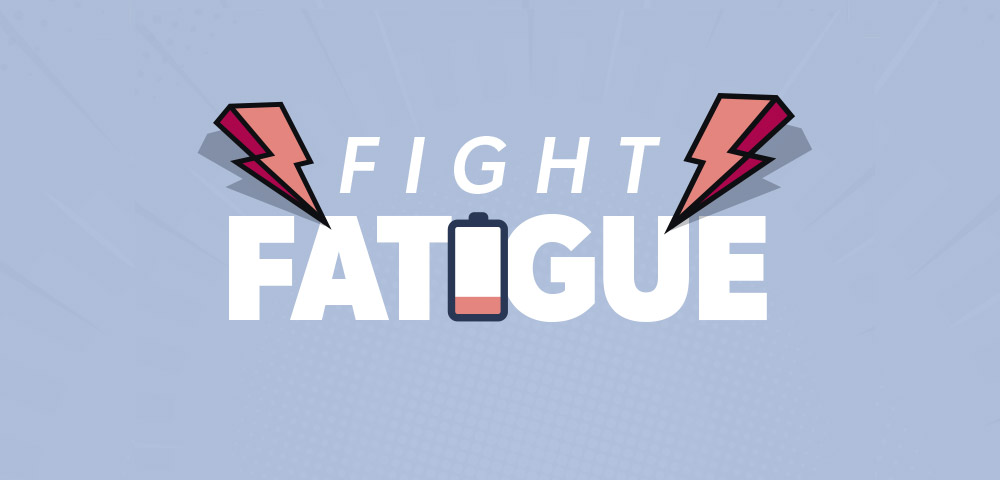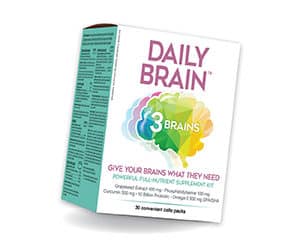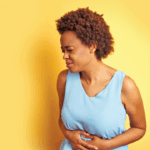
Although thyroid glands are very tiny and unassuming, they carry an immense load.
Research proves many North Americans experience low thyroid, and that the glands are functioning suboptimally. Women are far more likely to experience thyroid issues, and estimates show that one in eight women will develop thyroid problems in their lifetime.
Unfortunately, many women will experience low thyroid symptoms for years without a diagnosis or treatment, because testing for low thyroid conventionally is very limiting.
Signs of an underperforming thyroid
Fatigue
Many things can cause low energy; however, if you are constantly dragging yourself and can’t function without coffee, it could be a sign of an underactive thyroid. Also, if you need to sleep over nine hours per night to feel refreshed, it could indicate an underlying thyroid imbalance.
Weight gain
Unexplained weight changes and issues can be signs of an underactive thyroid. If you’re exercising vigorously and eating healthy, but failing to shed a pound (or are even gaining weight), it could be a sign that there’s something off with your thyroid.
Dry skin and/ or hair loss
With hypothyroid (low thyroid), hair often becomes brittle, coarse, and dry, breaking off and falling out easily. Skin can become rough, thick, dry, and scaly. In hypothyroidism, there is often unusual hair loss on the outer edge of the eyebrow or loss of eyebrow hair completely.
Depression or anxiety
These conditions can be a symptom of thyroid disease. While many other underlying factors are involved, thyroid and adrenal function should be the first areas of assessment when treating anxiety or depression.
Menstrual problems and infertility
Our hormones work in harmony: when one hormone is out of balance, often another hormone pathway needs to be investigated. Heavier, more frequent, and painful periods are sometimes associated with hypothyroidism. Infertility can also be associated with an undiagnosed thyroid condition.
The rise in low thyroid
Low thyroid was more common in older women when I started practising medicine. In recent years women of all ages have been experiencing low thyroid symptoms, which I believe is directly connected to chronic life stress, environmental toxins, GMOs, poor diet, and lack of exercise. Specifically, chronic stress produces high levels of the stress hormone cortisol, lowers thyroid function, affects the production of both T4 and T3, and limits the conversion of T4 into the more bioactive thyroid hormone T3.
How ThyroSense® supports thyroid function
In my clinical practice, I have had great success over the last 10 years working with ThyroSense to support optimal thyroid function in my patients. While this supplement is not intended to replace prescription thyroid medication, taken in conjunction with it serves as nutrition for the thyroid to function at its best. I’ve also seen excellent results for patients who do not meet the medical testing thresholds for hyperthyroidism, but still experience the symptoms of a slow thyroid, low energy, hair loss, etc. ThyroSense uses nutrients that support thyroid function, such as:
IODINE AND TYROSINE Thyroid hormones are made from iodine and the amino acid tyrosine.
SELENIUM A deficiency in selenium reduces the conversion of T4 into active T3. Selenium also helps the body recycle its stores of iodine.
ASHWAGANDHA This herb serves as an adaptogen, helping the adrenal glands combat stress, but also assisting healthy thyroid function by assisting the synthesis of thyroid hormones.
Eating a diet low in sugar also helps support healthy thyroid function, as inflammation caused by high sugar, carbohydrates, and alcohol consumption impacts thyroid function directly.
ThyroSense, along with other WomenSense® supplements (MenoSense®, AdrenaSense®, and EstroSense®), helps support optimal hormonal regulation. These supplements are essential tools in my arsenal to help my patients find balance and vitality through the powers of natural, nutritional health.














